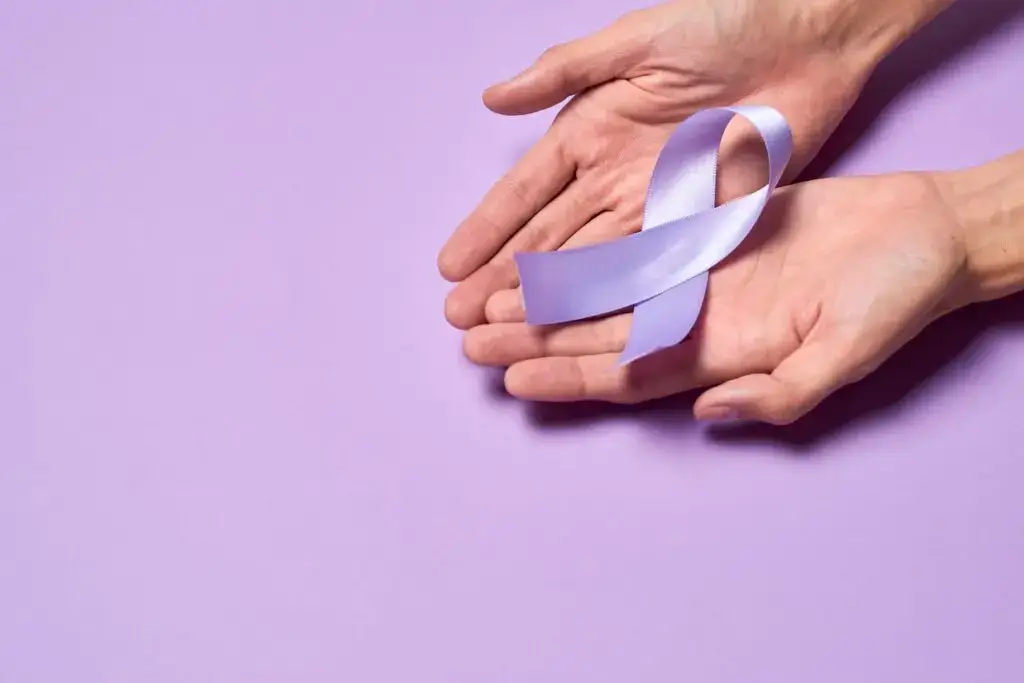Pancreatic cancer often requires extensive treatment, which can result in long hospital stays. Whether it’s due to complex surgeries, complications, or the need for intensive care, patients and their families must be prepared for the challenges these stays present. Proper planning can reduce physical and emotional burdens, making the experience more manageable. This guide will walk you through essential preparations, offering practical tips and emotional support strategies to ensure you’re well-equipped to handle an extended hospital stay.
Preparing For Extended Hospital Stays
Extended hospital stays for pancreatic cancer patients are not uncommon. These stays are often necessary due to the aggressive nature of the disease and the intensity of the treatments involved. which are complicated and lengthy procedures. Complications from chemotherapy or radiation therapy, such as infections or severe side effects, can lead to a longer hospital stay.
Understanding why these stays are needed helps set realistic expectations. It’s essential to be aware that the duration of these stays can vary significantly depending on the patient’s condition and the type of treatment being administered. Some patients may only need to stay for a few days, while others may require weeks of care. Knowing what to expect can reduce some of the anxiety associated with hospitalization.
Preparing The Patient For An Extended Hospital Stay
-
Comfortable Clothing
When preparing for a hospital stay, it’s important to pack thoughtfully. Start with comfortable clothing—loose-fitting garments that are easy to put on and take off, along with cozy socks and slippers, can make the patient feel more comfortable. Hospitals can be chilly, so include layers like sweaters or shawls.
-
Personal Hygiene
Personal hygiene is another important factor. Bring along toothbrushes, toothpaste, skincare products, and any other necessary grooming supplies. For patients with specific needs, such as sensitive skin or particular preferences, packing their preferred brands can make a significant difference in comfort.
-
Entertainment
Entertainment is also important during long stays. Hospitals can be mentally exhausting, so pack items that can help pass the time. Books, tablets, puzzles, or crafts can provide a distraction and help maintain a positive mindset.
-
Medication Management
In terms of medical preparation, ensure that all current medications are packed and easily accessible. Bring them in their original bottles, along with a detailed list that includes dosage and timing. This list is essential for the medical team to continue or adjust treatments as necessary.
-
Pre-Hospitalization Requirements
Before hospitalization, there may be specific instructions from the healthcare team, such as fasting before surgery or adjusting medications. It’s crucial to follow these guidelines closely to avoid any delays or complications upon arrival at the hospital.
-
Mindset
Mental and emotional preparation is equally important. Encourage the patient to adopt a positive mindset, focusing on their strength and determination. Techniques such as meditation, deep breathing exercises, or listening to calming music can help manage anxiety.
-
Staying Connected
Staying connected with loved ones helps you feel better. Encourage patients to keep in touch through phone calls, video chats, or in-person visits when possible. Bringing a journal for reflection or writing letters can also help patients process their emotions during this challenging time.
Preparing Family Members For An Extended Hospital Stay
-
Transportation And Accommodations
Transportation and accommodation are also critical considerations. Depending on the hospital’s location and the expected length of stay, families may need to arrange nearby accommodations. Many hospitals offer accommodations, or there may be nearby hotels or temporary rentals available. Consider transportation options such as public transit, ride-sharing services, or arranging carpooling with other family members to reduce stress.
-
Emotional Toll
The emotional toll on family members during an extended hospital stay can be tough. It’s important to acknowledge this and develop strategies for coping. Talking with a counselor, joining a support group, or engaging in religious or spiritual practices can provide much-needed comfort and support.
-
Support Networks
Support networks are crucial during this time. Family members should lean on friends, extended family, or community resources for help. It’s okay to ask for assistance, whether it’s running errands, preparing meals, or simply offering emotional support. Remember that caring for oneself is essential to being able to care for the patient.
-
Hospital Bag For Family
Family members who might need to stay overnight at the hospital should prepare a hospital bag. Include snacks, water bottles, a change of clothes, toiletries, and any necessary medications. These items can make an unexpected overnight stay more manageable.
-
Comfort Items
Bringing comfort items can also make the hospital environment more bearable. A favorite blanket, pillow, or even a small lamp for softer lighting can make the environment more comfortable during what can be a stressful time.
Making The Hospital Stay As Comfortable As Possible
-
Decorating With Personal Items
Personalizing the hospital room can make a big difference in the patient’s comfort. Bringing photos, children’s drawings or small decorations can help create a more home-like atmosphere. These personal touches provide emotional comfort and can help lift the patient’s spirits during a long stay.
-
Technology And Connectivity
Technology and connectivity are also important. Bringing devices such as laptops or tablets allows patients to stay connected with the outside world. Many hospitals offer Wi-Fi, enabling patients to stream movies, listen to music, or video chat with loved ones, helping to reduce feelings of isolation.
-
Daily Routine
Establishing a daily routine can provide structure and reduce anxiety during an extended hospital stay. Simple activities like morning stretches, reading, or scheduled naps can help create a routine. A routine gives patients something to look forward to and can help make hospital life more bearable.
-
Balanced Diet
Maintaining a balanced diet is essential for recovery, even during a hospital stay. Coordinate with hospital nutritionists to ensure the patient has access to nutritious meals that meet their dietary needs. If permitted, bringing favorite snacks or meals from home can also encourage appetite and provide comfort.
-
Gentle Exercise
If the patient’s condition allows, gentle exercises such as walking around the ward or simple stretches can promote circulation and prevent stiffness. However, it’s crucial to consult with the healthcare team before starting any physical activity.
Thorough preparation for extended hospital stays can make a significant difference in the experience for both patients and their families. By addressing practical needs, emotional support, and care coordination, families can manage these challenging times with greater ease and confidence. Remember that you’re not alone—lean on your support networks, use available resources, and approach the situation with strength. With careful planning, you can make an extended hospital stay more manageable and help your loved one focus on what matters most: their recovery.
TrovaNow is dedicated to raising funds for the Pancreatic Cancer Early Detection (PRECEDE) Consortium. Our goal is to increase the 5-year survival rate from 12% to 50% within the next 10 years.
Join us in our mission and donate today to advance the early detection of pancreatic cancer and save lives. Visit www.trovanow.com to find out how you can get involved and make a donation today





